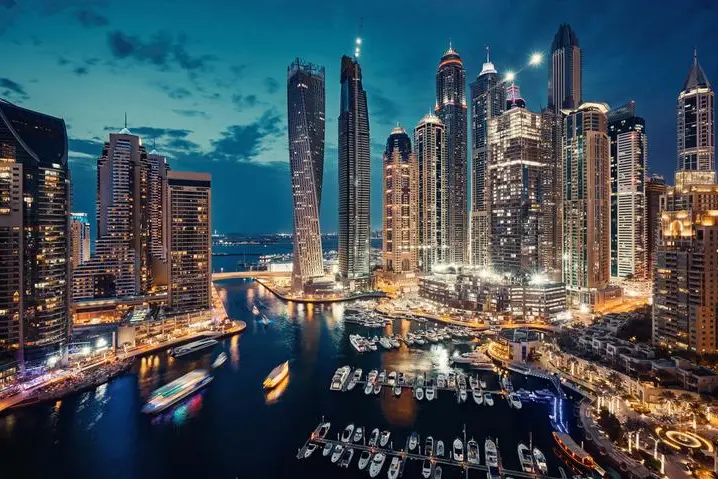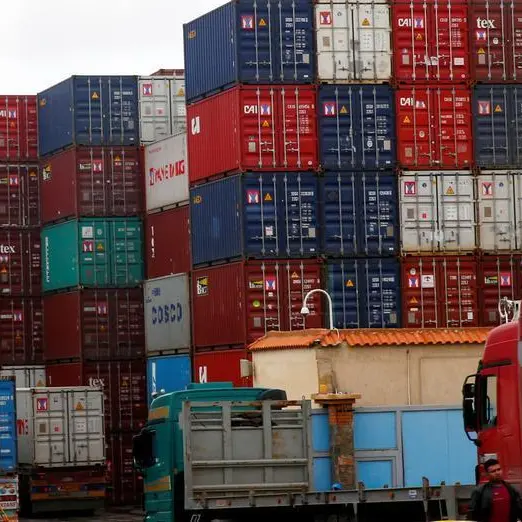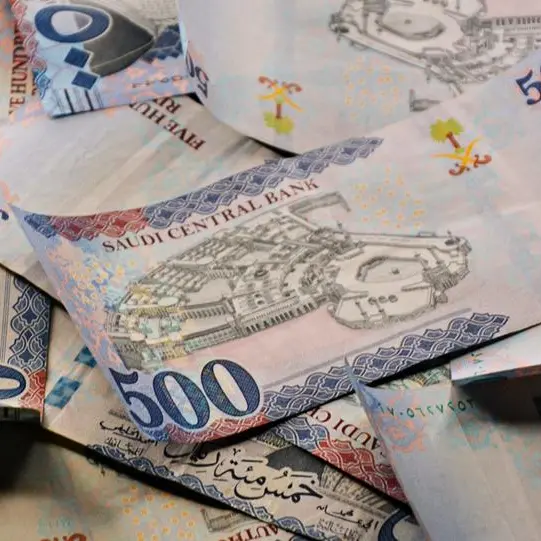PHOTO
The UAE has been named the No. 1 soft power nation in the Middle East - ranking 18th across the world - in the first ever Global Soft Power Index. Business and economy were seen as the country's strongest assets, but experts believe the Emirates Mars Mission could further bolster its soft power reputation.
Put together by London-based consultancy Brand Finance, the rankings of the top 60 nations were based on the opinion of more than 55,000 people in over 100 countries. The US topped the index with a score of 67.1, followed by Germany (61.9), the UK (61.8), Japan (60.2) and China (58.7).
Scoring 45.9 out of 100, the UAE's main strength was its appealing business environment and stable economy.
Though the index showed science and technology as its weakest point, experts predict that this is set to 'drastically change' with the latest developments in the Emirates Mars Mission.
"The UAE is a pioneer in the region, has become a real magnet for creative and entrepreneurial talent and has undoubtedly surpassed the traditional powerhouses of Arab culture," according to the Global Soft Power Index 2020 report.
"Coupled with its visionary and stable leadership, it is this shift of power in the region has aided the UAE's efforts to gain influence," it added.
The country's positive brand image - embodied in its recently unveiled Nation Brand - was also noted to have been key to its success.
And with Expo 2020 Dubai set to open its doors to more than 25 million visitors from around the world,
How the soft power survey was done
Soft power refers to the ability of "a nation to influence others through attraction or persuasion" - be it through its culture, economy, political values, foreign policies, quality of life, and robust academic institutions.
For the index, each respondent was asked to share their assessments of a nation's influence, reputation and performance on several aspects.
The top 60 nations were scored across three key metrics - familiarity, reputation, and influence - as well as seven soft power pillars, including business and trade; governance; international relations; culture and heritage; media and communications; education and science; and people and values.
Survey respondents include the general public and specialist audience, including business leaders, market analysts, politicians, academics, think-tanks and NGOs, and journalists.
The index gives a 75 per cent weighting to the views of the general public and 25 per cent to those of specialist audiences.
Details of the index are set to be tackled in the two-day Global Soft Power Summit that kicks off today in London.
Soft power can help build more peaceful,sustainable world: Ban Ki-moon
In the face of global challenges today, soft power is now more important than ever, said former UN secretary-general Ban Ki-moon in his keynote address at Global Soft Power Summit.
"As secretary-general of the United Nations, I led the organisation with the understanding that soft power is an essential ingredient in international diplomacy. Additionally, soft power can help further the peace and development goals of the UN, particularly the UN SDGs, and reinforce global progress," he explained.
Ban said soft power is currently manifested in cultural flows and people-to-people exchange in a globalised world.
"Soft power transcends borders, builds bridges, and brings the world together through dialogue and mutual understanding," he also said.
Some soft power characteristics
>A strong and stable economy
>Easy to do business in and with
>Politically stable and well governed
>High ethical standards and low corruption
>Respected leaders
>Helpful to other countries in need
>Acts to protect the environment
>Rich heritage
>A great place to visit
>An appealing lifestyle
>Food the world loves
>A leader in science
>Leading cutting-edge technology
>Friendly
>Fun
>Generous
>Tolerant
>Trustworthy
Copyright © 2020 Khaleej Times. All Rights Reserved. Provided by SyndiGate Media Inc. (Syndigate.info).





















